7, February 2023
PRC 2023: The forum for a key stakeholder in the climate debate 0
Found across a vast range of modern products, petrochemicals are part of the fabric of our societies. Clothing, tyres, digital devices, packaging, detergents, and countless other everyday items are made from petrochemicals. Petrochemical feedstock accounts for 12% of global oil demand, a share that is expected to increase, driven by increasing demand for plastics, fertilisers, and other products. Despite its size, the sector continues to take a back seat in the global energy debate.
Over last 50 years, society has been increasingly reliant on the products of the organic chemical industry to supply the clothes we wear, the food we eat, our health, housing, transportation, security, and other commodities. About 92% of organic chemical products are produced from petroleum, that is, fossil, or mineral, oil, and gas. In addition, these same resources are generally used to provide the large quantities of process heat and power needed by the industry. In the modern petrochemical industry, oil and gas inputs for both raw material and process energy compose about 50% of the operating costs.
The result is that not only is the chemical industry (including petrochemicals) the industrial sector with the highest emissions worldwide, it is also very vulnerable to variations in fossil fuel and carbon prices. Thus, efficiency has long been a major factor in determining competitiveness in petrochemicals, and the sector has a high success rate in reducing its energy intensity. Despite this, over the past decade, while total use of oil has grown globally at a rate of 1.4% per year over, the use of oil for chemical feedstocks has grown at about 4.0% per year. Reducing greenhouse gas (GHG) emissions in an industry that is so dependent on fossil fuels presents a significant challenge that has begun to receive serious attention from researchers and businesses alike.
Regarding this sector, the concept of “biorefining” for bio-based chemicals has been given particular prominence for its potential to deliver renewability, low CO2, and energy/feedstock security in the long term. However, establishing new production routes based on biomass in Europe is shown to face considerable social, technical, and economic obstacles to reaching a scale that can contribute valuable emissions reductions.
Due to the important role the petrochemical industry plays in our lives, PRC Europe has been organizing events to shed more light on the significant role this industry has been playing when it comes to cutting emissions. PRC Europe 2023 is the annual B2B Congress and it will bring together downstream industry players who are making decisions to accelerate the energy transition and comply with COP26. Among the key topics of the business program are the question of energy trilemma, biorefining, clean hydrogen and petrochemicals production, meaning of alternative transportation fuels, decarbonization and plant improvement, recycling technologies and many others.
During 3 days of intensive networking, participants get direct access to the whole value chain of downstream. Each year PRC Europe gathers industry leaders from Oil & Gas Companies, EPCs, Refineries and Petrochemical Plants, Licensors, Chemical Companies to discuss innovative solutions and business practices and to share the lessons learned.
PRC Europe is a closed-door event aimed to gather only industry experts from both top-management and technical level. For that reason, BGS Group works upon invitations and requests selectively choosing the audience that is able to discuss ongoing trends and questions of Downstream Oil & Gas, contributing to the business program with up-to-date case-studies. Al of this transforms the Congress into an efficient B2B networking platform.
By Ayuk Boris Ebot
Science and Environment Correspondent

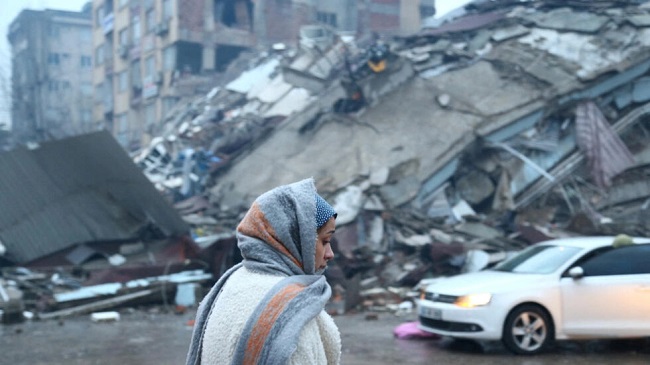

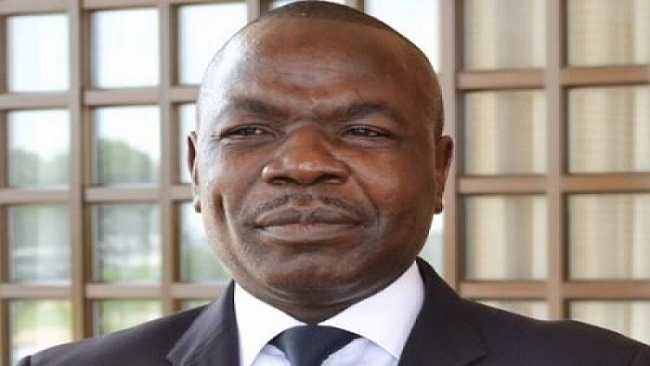
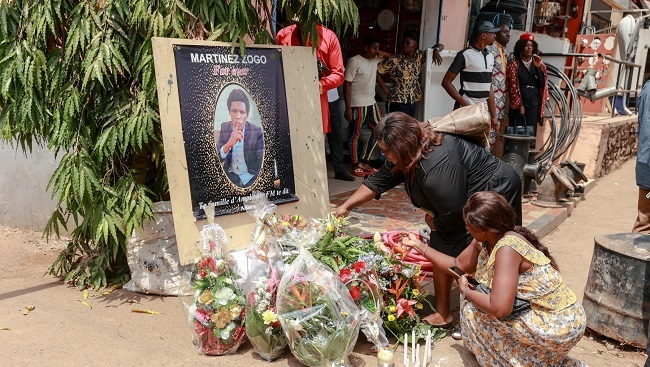
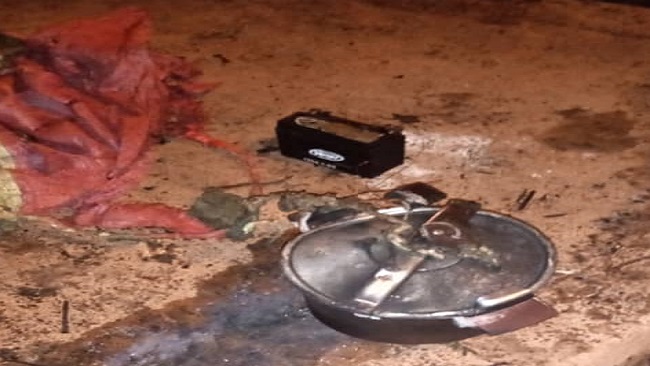


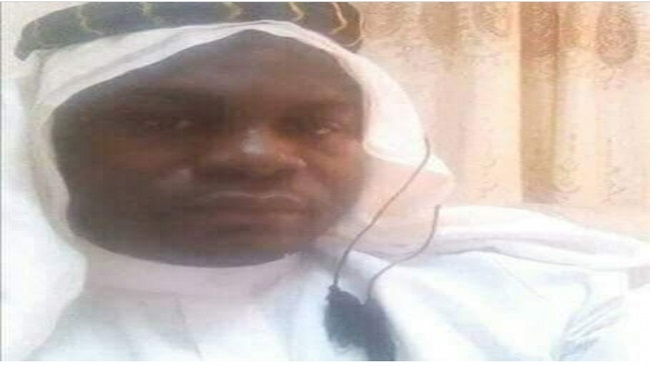















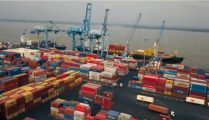


7, February 2023
Prosecution should seek the death penalty against Belinga Amougou 0
The murder of two journalists Martinez Zogo and Jean Jacques Ola Bébé in Yaoundé is not a new development in Cameroon but it is also one that should prompt prosecutors to bring the death penalty on the table for men like Amougou Belinga found to be killing media men and women and looting the state.
President Biya as always is facing international condemnation for his brutal crackdown on opposition figures to his rule, age is telling on him, the Southern Cameroons uprising has become increasingly hydra-headed, Boko Haram is now in control of certain areas in the Far North region as CPDM defectors are joining forces with anything antagonistic with his regime.
It is now time for the judiciary in Cameroon to do something to cleanse Biya’s nasty legacy and that is imposing the death penalty on Belinga Amougou.
This tougher measure should come immediately including the implementation of the Canada peace plan aimed at halting the violence that has killed thousands of Southern Cameroonians according to United Nations estimates.
On Monday, security agents arrested business tycoon Amougou Belinga and a young journalist he recently promoted to the post of General Manager of his privately-owned television channel, Vision 4 for planning and teleguiding the barbaric murder of journalist and whistleblower Martinez Zogo and his close associate Jean Jacques Ola Bébé.
The late radio host of the program “Embouteillages” had been very critical against alleged corruptors and embezzlers of public funds. It is said that more than 22 people have been arrested in Yaoundé and are currently being interrogated at the Secretariat for Defense (SED).
Earlier today, forensic searches were conducted in the building hosting the head office of the French Cameroun mafia boss. The search was conducted by Colonel Mbarga, accompanied by two divisional commissioners and officers. Amougou Belinga was present as well as his lawyer, Charles Tchoungang. The building was searched from top to bottom. AMOUGOU BELINGA only refused to open a finger print lock safe where he said some of his blood money was.
Investigators also auditioned his wife, Sarah Amougou Belinga, a senior magistrate. The operation targeting his wife was led by Colonel Abena Ayissi Parfait. Justice Sarah Amougou Belinga refused to grant access to some rooms that were later on forcefully opened.
Biya reluctantly agreed to allow an investigation into the Zogo affair after pressure from Paris, Yaounde’s close ally, and the European Union, which threatened to refer Yaoundé to the UN Security Council, a serious diplomatic escalation that could have led to the collapse of the 40-year-old regime.
In a divided nation where atrocities are being recorded on a daily basis – common sense demands state prosecutors to seek a death penalty for Jean Pierre Amougou Belinga-to use his four names, stop the bloodshed in Southern Cameroons, withdraw Francophone civil administrators from English speaking Cameroon, release all Southern Cameroons detainees including Sisiku Ayuk Tabe and his top aides and start talks with the jailed Southern Cameroons leaders.
We of the Cameroon Concord News and the Cameroon Intelligence Report are calling on state prosecutors in Yaoundé to halt the killing machine against journalists in Cameroon and the Biya regime’s tactics to buy time and avert a showdown with the international community by sentencing Jean Pierre Amougou to death by hanging.
To this I put my name
By Soter Tarh Agbaw-Ebai